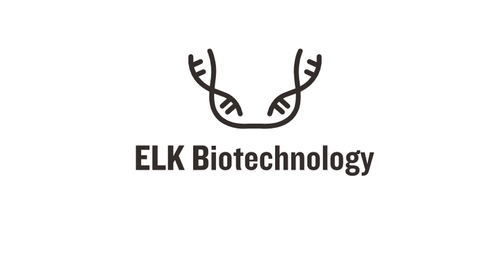Product Description
Rat Beta-thromboglobulin (BTG) ELISA Kit | AE62224RA | Abebio
Species Reactivity: Rat (Rattus norvegicus)
Abbreviation: B-TG
Alternative Name: CXCL7; PPBP; PBP; B-TG1; CTAP-III; CTAP3; CTAPIII; LA-PF4; LDGF; MDGF; NAP2; SCYB7; TC1; TC2; TGB1; THBGB1; Pro-Platelet Basic Protein; Chemokine C-X-C-Motif Ligand 7 Chemokine (C-X-C motif) ligand 7 (CXCL7) is a platelet-derived growth factor that belongs to the CXC chemokine family. It is an isoform of Beta-Thromboglobulin or Pro-Platelet basic protein (PPBP) .
Application: ELISA
Range: 3.12-200 pg/mL
Sensitivity: 1.45 pg/mL
Intra-Assay: ≤4.9%
Inter-Assay: ≤7.2%
Recovery: 0, 86
Sample Type: Serum, Plasma, Other biological fluids
Detection Method: Sandwich
Analysis Method : Quantitive
Test Principale: This assay employs a two-site sandwich ELISA to quantitate B-TG in samples. An antibody specific for B-TG has been pre-coated onto a microplate. Standards and samples are pipetted into the wells and anyB-TG present is bound by the immobilized antibody. After removing any unbound substances, a biotin-conjugated antibody specific for B-TG is added to the wells. After washing, Streptavidin conjugated Horseradish Peroxidase (HRP) is added to the wells. Following a wash to remove any unbound avidin-enzyme reagent, a substrate solution is added to the wells and color develops in proportion to the amount of B-TG bound in the initial step. The color development is stopped and the intensity of the color is measured.
Product Overview: Chemokine (C-X-C motif) ligand 7 (CXCL11) is a platelet-derived growth factor that belongs to the CXC chemokine family. It is an isoform of Beta-Thromboglobulin or Pro-Platelet basic protein (PPBP) .Beta-thromboglobulin (β-TG) has a molecular weight of 35000 daltons and is a specific protein of platelets. Composed of 4 identical subunits; It is synthesized in the cells as a biologically inactive 15 kDa precursor called PBP (platelet basic protein) . It is stored in the Alpha-granules of platelets and released in large amounts after platelet activation.It is a protein that is released in large amounts from platelets following their activation. It stimulates various processes including mitogenesis, synthesis of extracellular matrix, glucose metabolism and synthesis of plasminogen activator.
Stability: The stability of ELISA kit is determined by the loss rate of activity. The loss rate of this kit is less than 5% within the expiration date under appropriate storage condition. The loss rate was determined by accelerated thermal degradation test. Keep the kit at 37°C for 4 and 7 days, and compare O.D.values of the kit kept at 37°C with that of at recommended temperature. (referring from China Biological Products Standard, which was calculated by the Arrhenius equation. For ELISA kit, 4 days storage at 37°C can be considered as 6 months at 2 - 8°C, which means 7 days at 37°C equaling 12 months at 2 - 8°C) .
 Euro
Euro
 USD
USD
 British Pound
British Pound
 NULL
NULL








